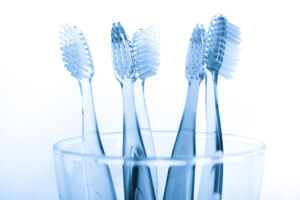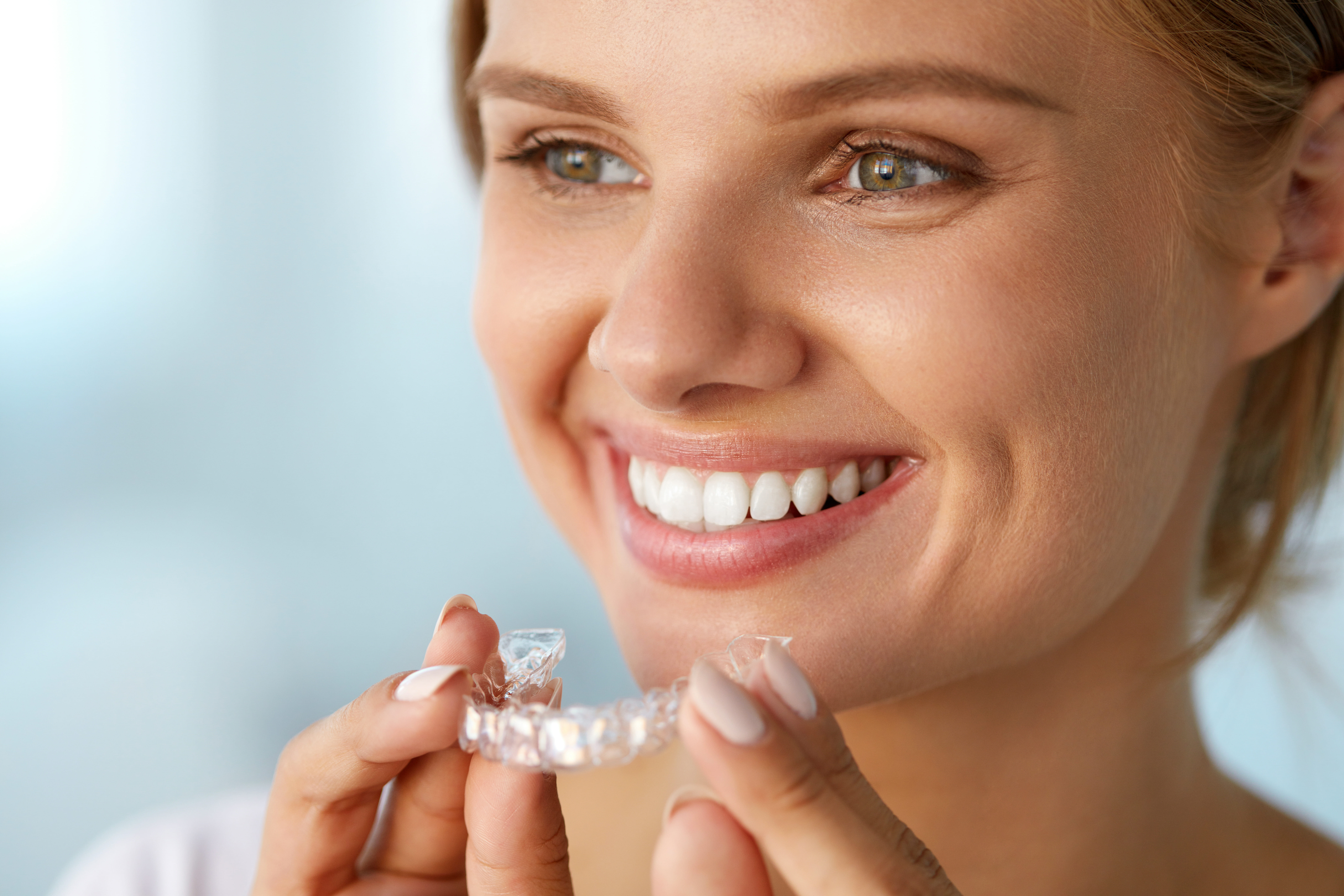 Patients often think that as long as they move a toothbrush around in their mouths at some point during the day, they’re doing what they need to do to maintain a healthy smile. Unfortunately, cutting corners with preventive care can often result in significantly negative side effects. Rather than leaving yourself vulnerable to problems like gum disease or cavities, we suggest you learn the quick and easy guidelines that can transform your daily brushing from “bad” or “okay” into truly beneficial. Rest assured, even if you need to make some changes, it is never too late to start practicing effective prevention.
Patients often think that as long as they move a toothbrush around in their mouths at some point during the day, they’re doing what they need to do to maintain a healthy smile. Unfortunately, cutting corners with preventive care can often result in significantly negative side effects. Rather than leaving yourself vulnerable to problems like gum disease or cavities, we suggest you learn the quick and easy guidelines that can transform your daily brushing from “bad” or “okay” into truly beneficial. Rest assured, even if you need to make some changes, it is never too late to start practicing effective prevention.
What Type Of Bristles Do You Use?
Have you given much thought to the type of bristles you use on your toothbrush? Were you under the impression that they are all alike? As a matter of fact, the firmness of the bristles is quite important. When you choose your toothbrush, your preventive care will only benefit if you look for a package that says the brush has soft bristles. A “soft” toothbrush will gently yet thoroughly remove plaque and debris, without scratching your enamel.
How Frequently Do You Brush?
Are you under the impression that brushing as much as possible is the best choice? Perhaps you’re under the impression that brushing before bed is the most important. For the best preventive care at home, you should brush at least twice a day. A good guideline is to brush in the morning and then once more before bedtime. You may brush after meals if you first rinse your mouth out and then wait 30 minutes.
How Long Are Your Brushing Sessions?
The frequency with which you brush is just as important as ensuring you’re brushing for a session that lasts long enough. Each session should last around two minutes for effective preventive care.


